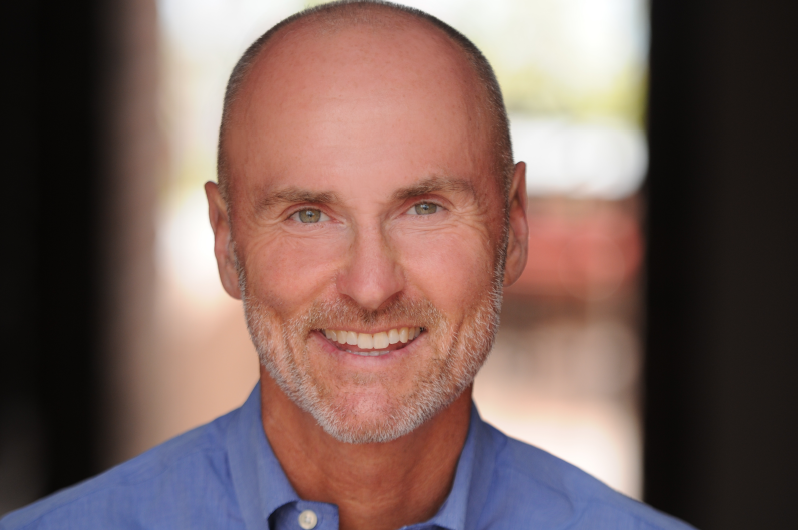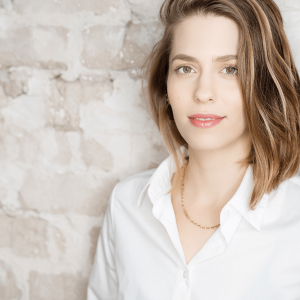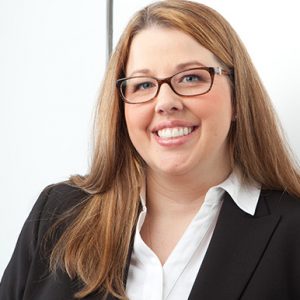The Making of a Modern Elder: 5 Questions with Chip Conley


Photo credit: Lisa Keating
Rewind back to before Chip Conley received a 2019 Influencer in Aging award, before his TED talk and his book on wisdom in the workplace. Conley was a seasoned, successful entrepreneur who’d built and run a boutique hotel business and was looking for new challenges.
He got one in the form of a call from the young head of Airbnb, a startup that wanted to keep growing up and wanted Conley’s guidance to do so. Conley was brought into a digitally-savvy, youth-centric workplace as a strategic advisor. He found his footing working across generations as what he calls a “modern elder.”
That mindset of how to engage with the world while aging proved inspiring. Conley went on to speak and write about his experiences. In 2018, he founded the Modern Elder Academy, an educational retreat and rite of passage for those in the “Indian summer” of their lives.
ALEX.fyi:
A central premise of yours is that words matter. Liberate the “elder” that’s tucked inside the word “elderly” and it becomes a badge of honor. Are there other age-centered terms that deserve a rethink?
CC:
Our words often create our realities. There was a time when the words “Yankee,” “black,” and “queer” was considered derogatory until the disparaged group reclaimed the word and made it cool. Own the work and it gives you a certain amount of power.
“Elder” is a relative term so if you’re surrounded by people who are a generation or two younger than you (as I was at Airbnb), it could be an appropriate term for someone 50 years old. “Elderly” is often the last 5-10 years of your life and has nothing to do with who you are surrounded by.
Here are a few words that should be retired with respect to talking about older people: “senior moment” (people of all ages can be forgetful…we don’t call it a “junior moment” when someone in their early 20s makes a silly comment), “still” (when someone says, “Wow, you still jog in the morning” or “You and your husband still have sex,” it’s reinforcing a stereotype that our bodies wear out much earlier than they actually do), and “over the hill” or “out to pasture” (we’re not farm animals).
ALEX.fyi:
You’ve made a doozy of an observation: in some professional circles, “30 is the new 50.” But what the young bosses may have in what you call DQ (digital intelligence), they may lack in EQ (emotional intelligence), which tends to come with time. How can we get the DQ skill set and the EQ skill set to meet in the middle?
CC:
This is the basic premise of my book and my TED Salon talk from 2018 about intergenerational collaboration. Our respective generations often operate like isolated countries on the same continent. We share a border, but don’t necessarily trust each other enough to share our respective wisdom. I’ve come to believe that opening up these pipelines of intergenerational wisdom in the modern workplace is the essential trade agreement for our times. The good news is that HR leaders are reading more and more studies heralding the value of age diversity on teams as well as the fact that mutual mentorship (DQ for EQ) may be the most effective and inexpensive leadership training program that exists. So, we’re starting to see some change.
ALEX.fyi:
Foundational curiosity is clearly one attribute of the modern elder. What are some others?
CC:
Being reflective, intuitive, savvy, holistic in their thinking, inclusive/collaborative, and focused on purpose and legacy are all qualities of the modern elder.
ALEX.fyi:
What is it like to be an elder statesman (albeit a modern one) at Burning Man- an organization that you serve on the board of and that many think of as a mecca for the youthful and exuberant?
CC:
The founders of Burning Man are all Boomers who still go out to the desert. There’s a family camp with more than 5,000 people in it with lots of parents in their 50s. Nearly 20% of Burners are 50 or older so it’s a more diverse population (age-wise) than you might expect. Burning Man is more about the psychographic than the demographic with the commonality being creative, open to new experiences, idealistic and uninhibited.
ALEX.fyi:
What are you proudest of accomplishing thus far with your Modern Elder Academy?
CC:
Given that we’re the first “midlife wisdom school” in the world, it’s amazing we’ve already had 500 people go through the program from 17 countries in our first year. It’s clear we’re making a difference in these folks’ lives because their guest satisfaction scores are at the 99th percentile for hospitality/education organizations and there are dozens of significant transformational stories from our alums. The fact that more than 15 regional alumni groups have sprouted up on their own shows just how committed our alums are to continuing their renewal process when they go home.



